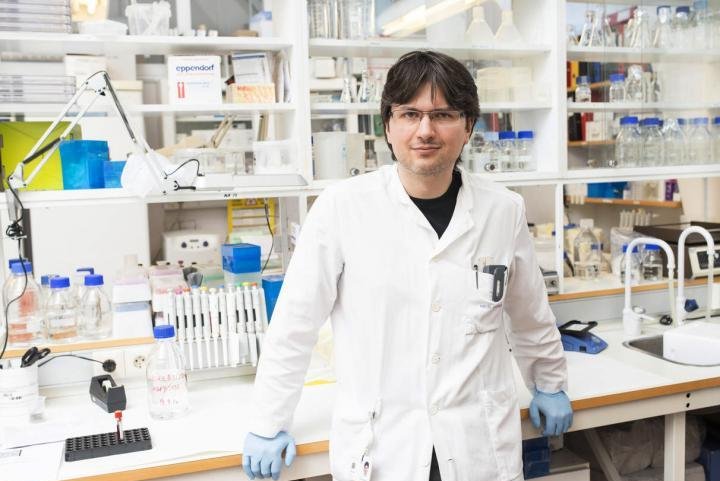Jan. 23 (UPI) -- Researchers from the University of Bergen in Norway have found that the secret to Parkinson's disease may be in cells' mitochondria.
There is no known cause or effective treatment for Parkinson's disease. The findings could lead to future treatment for the neurodegenerative disease that affects more than 10 million people worldwide.















